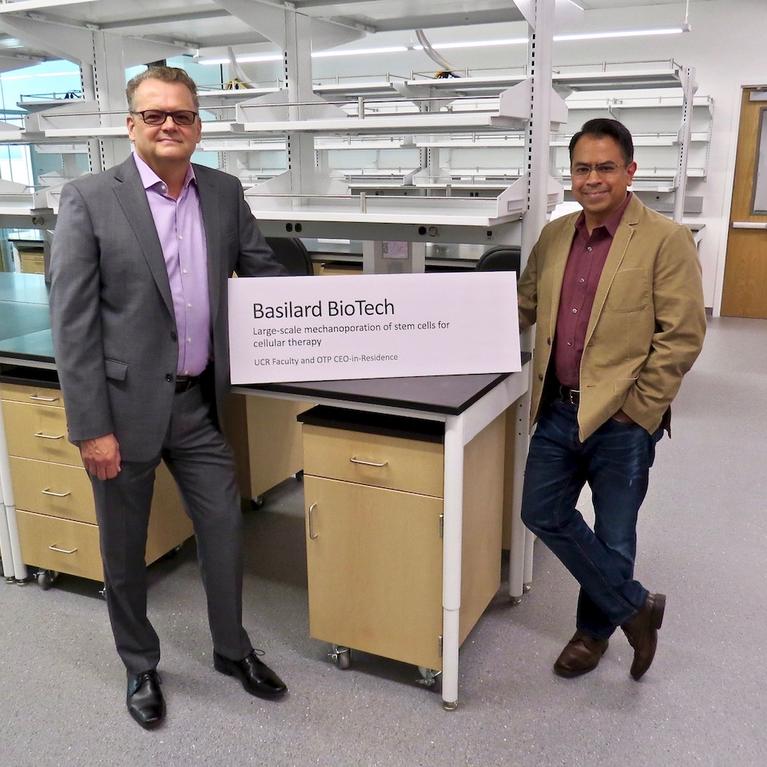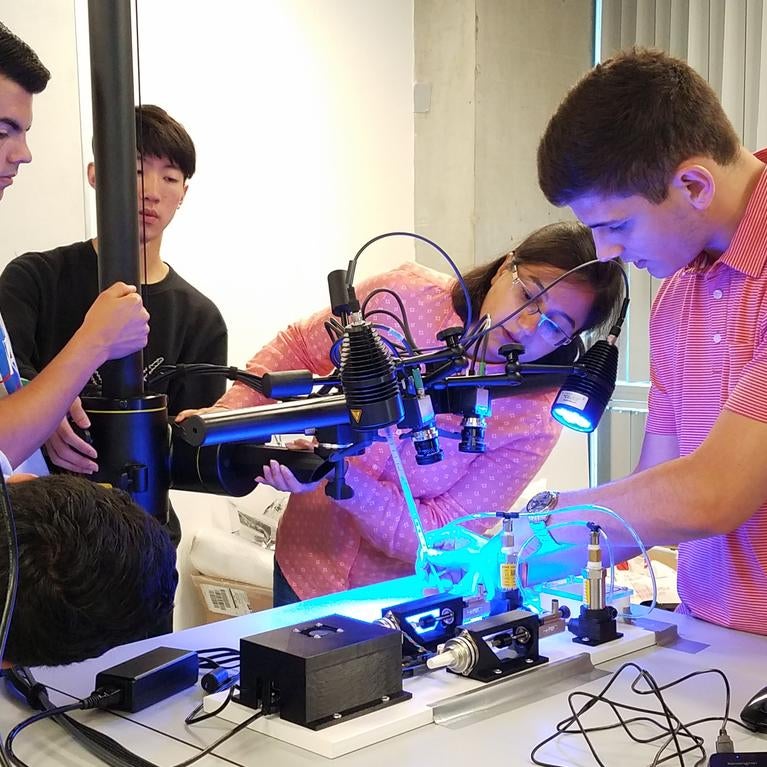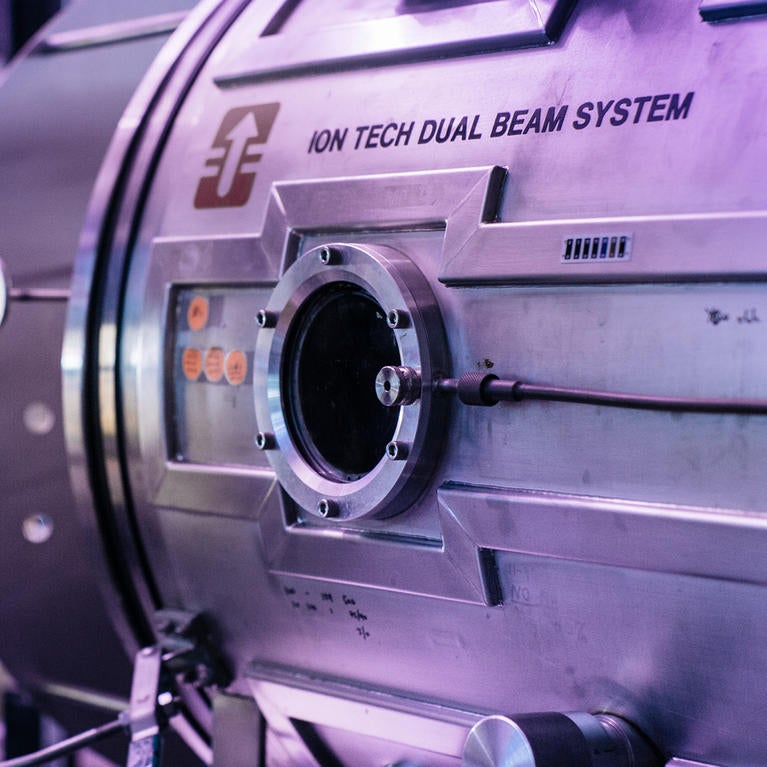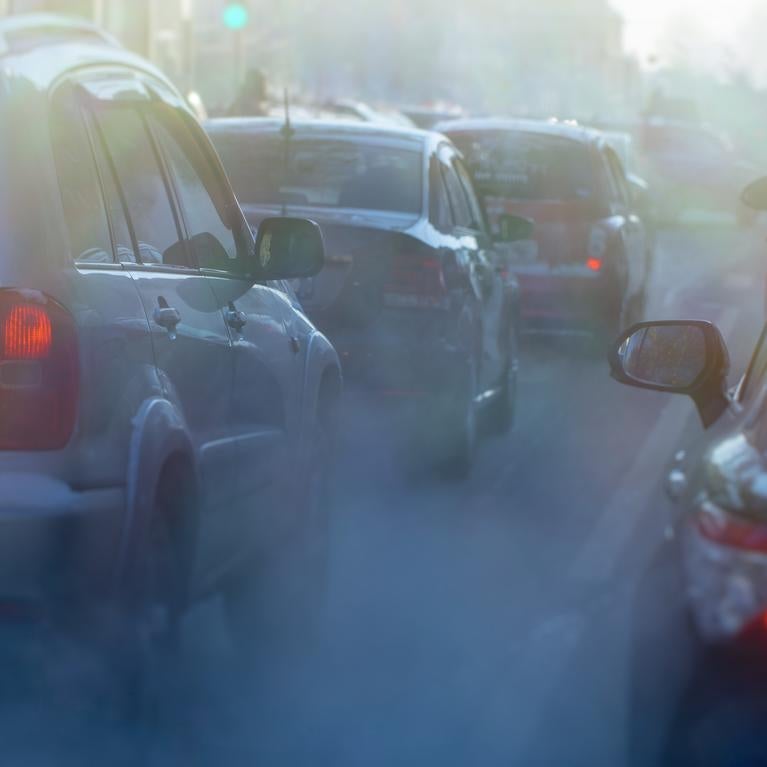
Clearing the air (inside your car)
UC Riverside research can improve car cabin air quality and help you choose your next car
Making higher-energy light to fight cancer
Researchers use nontoxic silicon nanocrystals to convert low-energy photons into high-energy ones, bringing scientists closer to developing photodynamic treatments for cancer
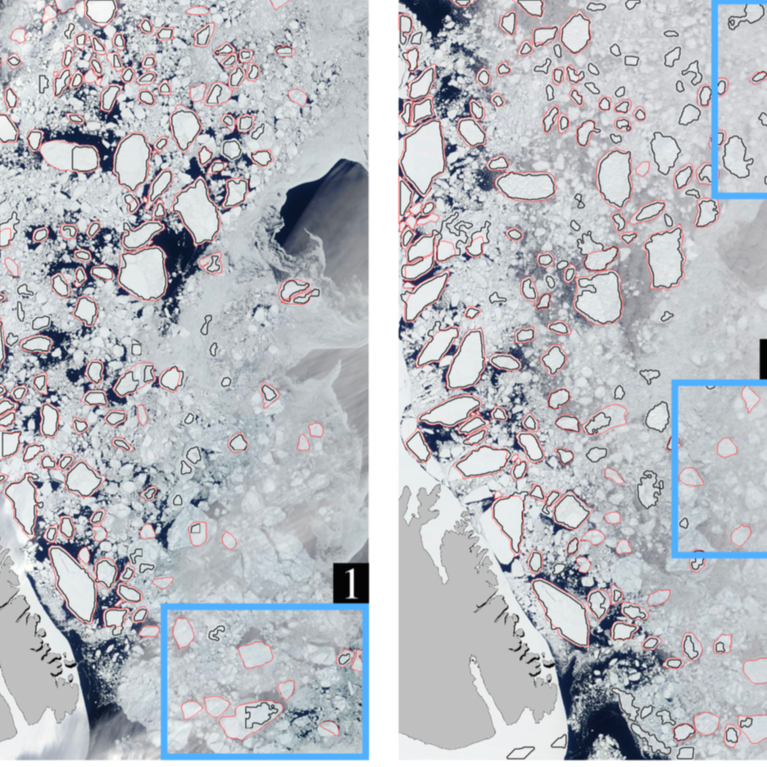
Going with the floe: Sea ice movements trace dynamics transforming the new Arctic
Image processing algorithms on satellite images show how sea ice drift affects freshwater flux in Arctic Ocean currents
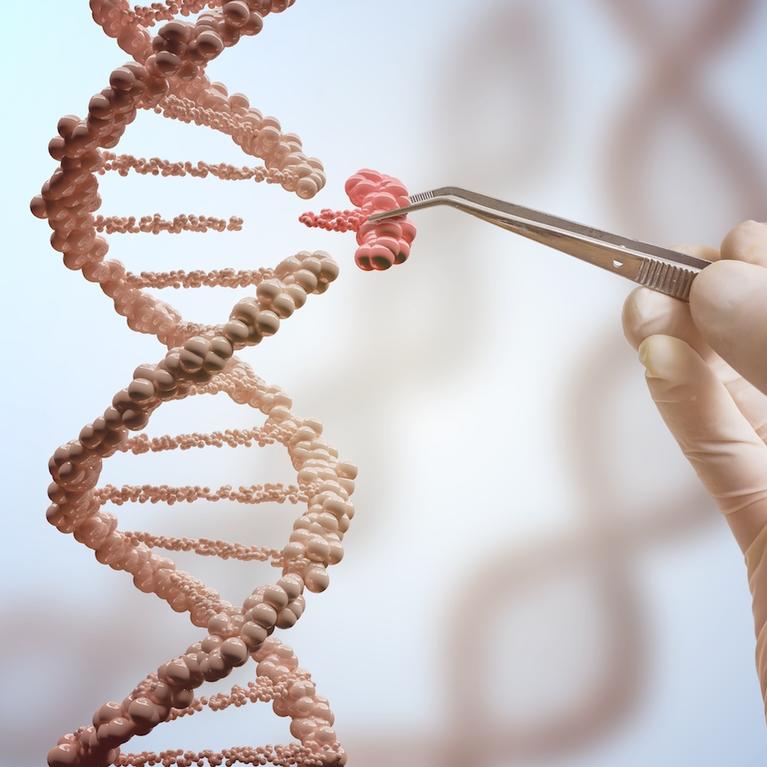
Precisely poking cells en masse to cure cancer
Device can mass-produce engineered cells at lower cost, a tipping point for emerging lifesaving therapies
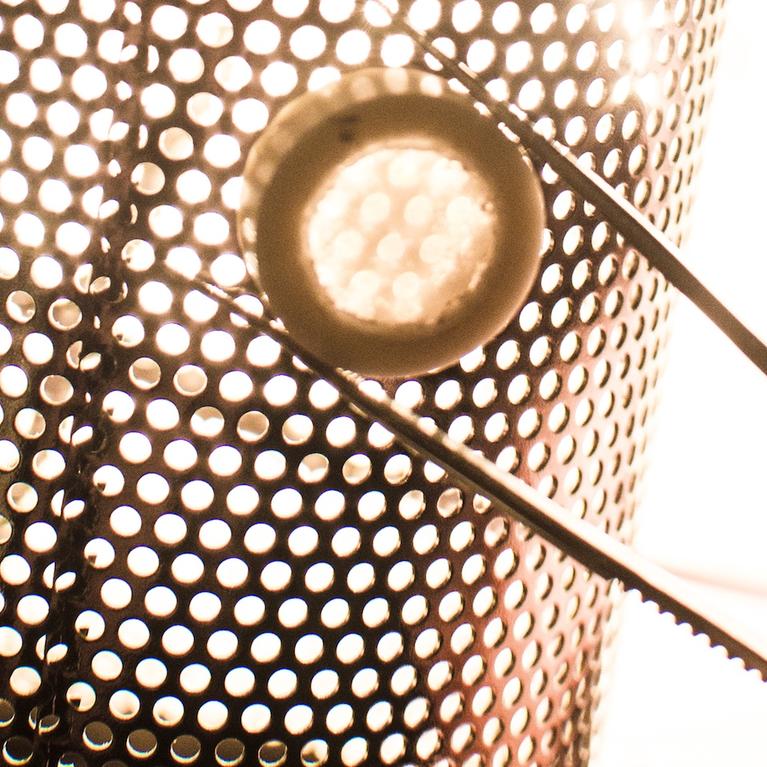
Lasers can weld ceramics without a furnace
Ultrafast pulsed lasers fuse ceramics under ambient conditions and use less than 50 watts of power
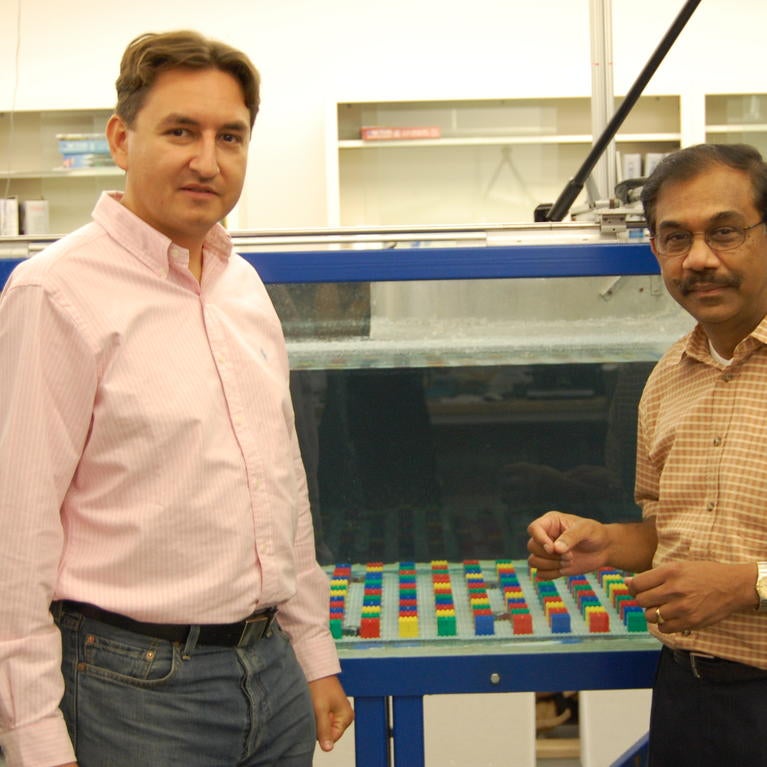
UCR mechanical engineering professor receives award to quantify roadside pollutants
Near-road air quality continues to be an important issue for transportation agencies. Invisible plumes of dirty air from cars and trucks on roadways spread to surrounding neighborhoods increasing residents’ risk of cancer, asthma, heart disease, and other illnesses. Researchers have found that roadside barriers such as sound walls can provide...
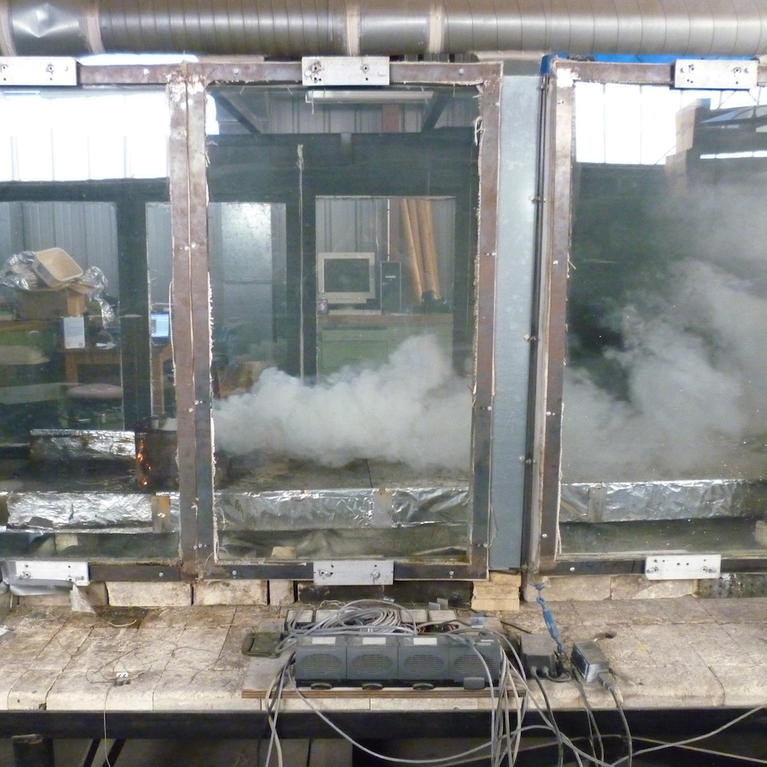
Seeing inside superfog
High humidity and plant moisture combine with cold air and smoke from burning vegetation to form particularly dense fog, but researchers can’t predict when
Integrating acquisition and analysis in AI systems
UCR engineering professors receive $1.2M Navy grant to make artificial intelligent (AI) systems smarter
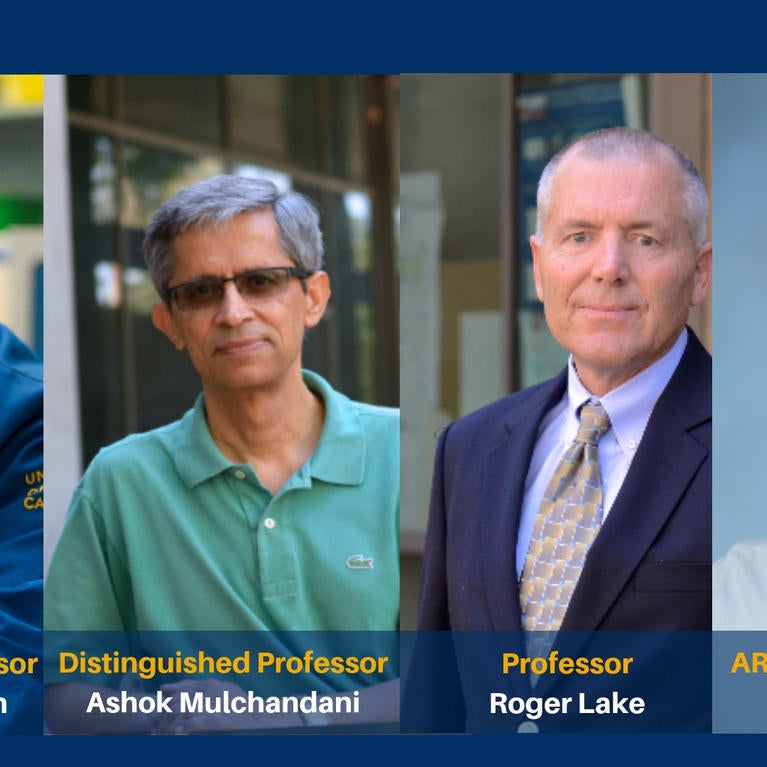
ARL-West and UCR engineering partnership a win-win for the future warfighters and students alike
Today’s soldiers face a battlefield unlike any before them. With the rapid advancement of high performance technology, warfighters can quickly be left vulnerable if they lack the latest capabilities. The Army Research Laboratory West’s (ARL-West) latest partnership with UC Riverside’s Marlan and Rosemary Bourns College of Engineering (BCOE), the ARL...
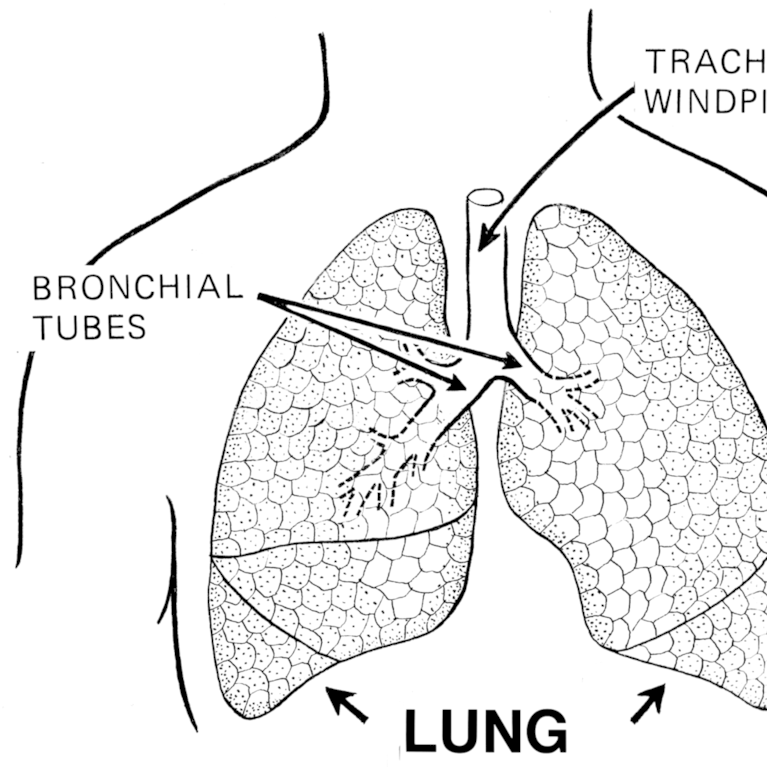
UC Riverside research could eventually lead to advances in pulmonary healthcare
Scientists are just beginning to understand the mechanics of the lung
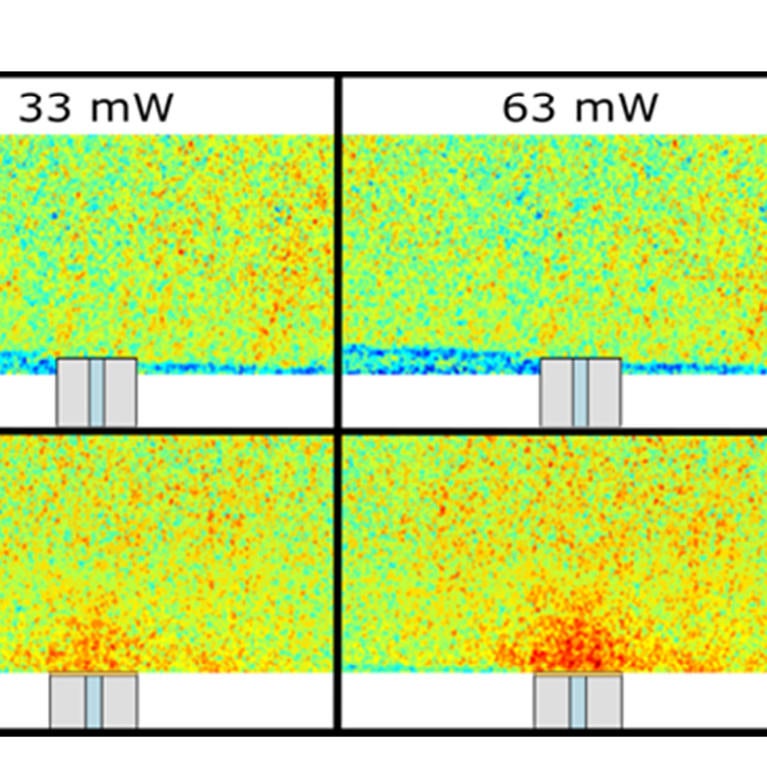
Silicone membranes create micron-scale temperature maps
Development could improve microfluidic devices used for point-of-care diagnostics

Engineering graduate student is Ford Foundation fellow
Vicente Robles aims to develop a new method to deliver therapeutic agents directly into living cells
